Scavenger Hunt
AN ENGAGING EXERCISE TO EXPLORE LOCAL AND SMALL BUSINESSES FOR CORPORATE PROCUREMENT
Buy Local in Brooklyn
Went searching for coffee and discovered a treasure trove of local goodies!
I am passionate about the concept of 'buy local' (and by extension, supporting small business and social enterprises). I often find things (products, souvenirs, services, restaurants, shops…) that even the locals I'm meeting with hadn't heard about. It's part research, part serendipity. My mom calls it my "travel karma".
The thing is, I'm using the same map app you are (or close enough). I don't have any special feature that says "show me the awesome local stuff." It takes setting an intention and going about your search in a specific way, which is not honestly that difficult, but you have to take the few extra seconds to type "best local …." into a search engine, wade through the crap and explore a few options.
LISTEN TO AURORA SPEAK ON BUY LOCAL ON THE STARTING SUSTAINABILITY PODCAST
There may be some intuition to it as well. I've combed through enough reviews and local spot websites to pick up on an authentic and worthy options. I think the treasures I find are reward for going into a place wanting to see what it has to offer. Not what the headquarters of a company hundreds or thousands of miles away has in mind. But what the land, the history, the geography, the culture, the manifestation of local wisdom, joy, and natural resources bring to bear.
The examples and exercise here will seem to most aptly apply to tourism, events, and hospitality. Indeed, "buy local" most often conjures 'farm to table', but I challenge you to think outside the box and consider how you could apply this principle to any type of procurement. If you manufacture widgets, sure most of your raw material is probably coming from China, but that doesn't mean other supplies and needs can't be fulfilled by local/small/social enterprises.
Think about the impact your buying power as a member of an organization can have on a small business! Imagine the output of this activity to determine what to put in a vending machine or small retail shop in the building where you work, or for corporate/VIP gifts, or in the design of a catering menu for your next event (the chef will probably be thrilled you are requesting local fare!).
Why a "scavenger hunt"?
Searching for small business options online?
Small/local businesses may lack the online presence that make them easy to find.
By definition this is an activity that requires you gather clues and overcome obstacles to find an object or next clue. Shopping local can be like that. It's not easy for small, local makers to get on shelves or in display windows. They are not likely to have the top or a high search result.
If you're searching for something from a consumer perspective, the top search results will likely be behemoth retailers such as Amazon and Walmart. Corporate procurement is not much different. The way these things are normally determined is select from a catalog of pre-vetted, low price, mostly imported products.
If you want to purchase that item from a small business or a local business or a social enterprise, you'll need to change why you search and how you search. The why should tie directly back to your sustainability priorities and commitment to local stakeholders. The how is with an open mind and creativity - a scavenger hunt.
(Note that this is largely presented in the context of physically exploring a place but there is an online component and no reason you can't go ahead with this activity during a pandemic.)
The San Francisco Scavenger Hunt
An example of how you can make procurement strategy fun, creative, and engaging.
In November of 2019 I spoke at an event in San Francisco on the topic of Buy Local, particularly how to integrate it into events. Since it had been more than 20 years since I'd visited the area, I didn't automatically know where to go to find the best local flare. I wanted to talk about more than just local food - to find products and ideas that would add value to a San Francisco based event.
Souvenear Vending Machine in the Oakland airport (in 2019).
Remember that concept of serendipity?
A month before I was to give this presentation, I happened to be flying through Oakland and saw a Souvenear vending machine! It was awesome to compare this to the typical airport or hotel gift shop with souvenirs mass produced overseas and, other than the city name and a skyline photo, offering no real sense of place.
Don't fall for the impostors. Read the label, ensure it’s made from and supports the local community. Take a moment to look up the business and learn a little about their connection with the community.
Dandelion Chocolate
For my trip back to the Bay Area, I started with two directories of locally made products: SF Made and Bay Area Made and used those to find local retailers specializing in local products. It happened to be a beautiful day so I mapped out a loose plan of mostly walking, leaving room for unexpected treasures (like when I passed the Dandelion chocolate store! And when I stumbled across The Pirate Supply Store, a super fun shop associated with a youth writing organization).
Some localities/regions do a great job of making it easy for you to find and shop from local businesses. As noted above, since much of the "buy local" movement conjures images of food, most are dedicated to helping you find local farmers markets, food makers, and restaurants. But some also feature other product categories.
Here are a few examples:
The Historical Society
Another resource that will give you a sense of place is the local historical society or a locally-focused museum. This one happened to be closed the day I was performing my scavenger hunt but the window display was certainly inspirational (Mark Twain and the history of Bay Area Cocktails)!
As I strolled through the city and explored different shops, I was met with a wide variety of items representing California and the Bay Area in particular. There's so much to these goods - not just the product, but the stories, the causes, the inspiration, the care taken by makers and artists.
One example was this Guittard Chocolate bar, which is steeped in local history (origins dating back to the mid-1800s). With a sustainability ethos, Guittard makes beautiful and delicious single origin chocolate (this makes it easier to trace the supply chain and have transparency into labor and farming practices). I happened upon a bar created for the purpose of supporting local artists with disabilities. Studies show that one attribute of buying local that provides a local benefit is that greater levels of charitable giving come from local business back into local causes (read more about the recirculation impact of local spending at Amiba.net).
Wouldn’t this make a splendid customer thank you gift?
Especially one who appreciates arts-related causes and support for those with disabilities.
Sun. Skate. Seventies. Photographs by Hugh Holland
Speaking of local artists, one of my favorite finds of the day was this box of postcards featuring photos of California skateboarders from the 70s. I mean how much more California can you get!? The artist has more in his collection. I used the box for an interactive element of the event. What is does your company print that could incorporate local artists and photos? Consider business cards, menus, directional signage, badges, and any other surface you might liven up with a local representation.
There were many other cool purchases during the day, not to mention the scenery and energy of the city. If you do this in any city, because every city has something to offer, you will fall in love just a little and feel a lasting connection with that place.
Local Curators
As you set out to perform this activity with your team, look for those local directories (see examples above) and keep in mind that local retailers can be your ambassadors to the local small business scene. I was fortunate to meet an entrepreneur, who curates many local and small producers in his grocery mart, Luke’s Local, in the Haight-Ashbury area of San Francisco. Local small businesses tend to work with their own kind - connected either by incubators and economic development centers where they pitch their ideas to investors or because it’s a small world and they have shared goals to care for people and planet in their ventures.
Luke’s Local (including Luke and Aurora pictured)
Seek out these community connectors and if your area does not have a good directory for shopping local/small business, let your local Chamber of Commerce, Mayor's Office, or office of state/regional/local economic development know you are interested. Check out resources from the American Independent Business Alliance or search for similar options in your country. Furthermore, seek organizations and coalitions that help minority entrepreneurs.
Also, learn and amplify the story and cause of the entrepreneurs. Find them on the internet and social media. Some small businesses hardly even have websites any more and rely on Instagram or other channels to drive most of their interactions. Find them wherever they are and listen to their story. What inspired their journey to entrepreneurship? What social or environmental causes do they support (or wish they could support if they had the right knowledge and opportunities)?
At the end of the day, a scavenger hunt is an excellent way to learn more about and appreciate your city and I have no doubt you’ll be more excited and proud to share it with others.









